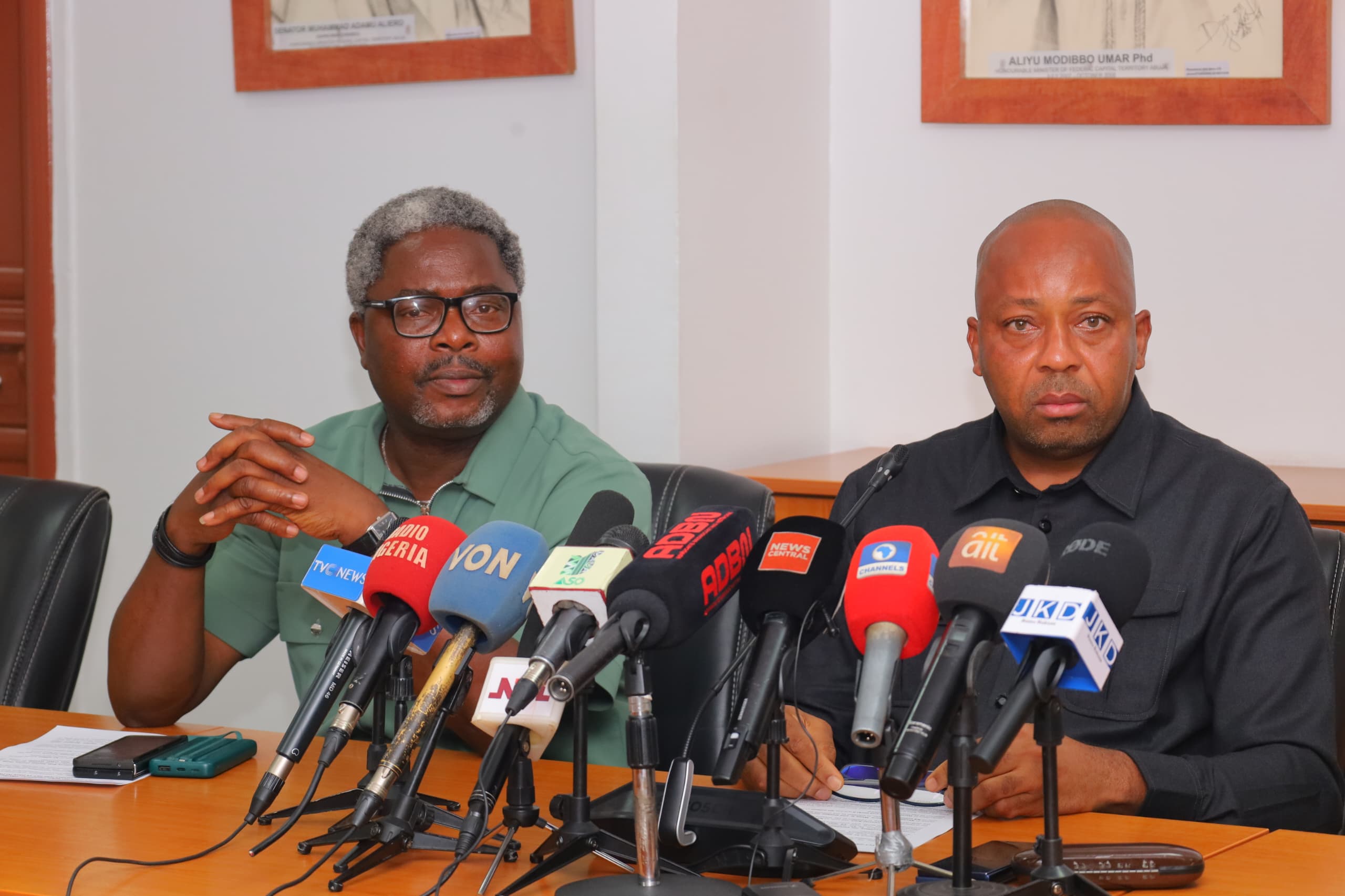FCT ground rent: Tinubu grants 14-day grace to defaulters
By Philip Yatai
President Bola Tinubu has given defaulters of ground rent in the Federal Capital Territory (FCT) a 14-day grace period to pay outstanding ground rent and associated penalties.
Mr Chijoke Nwankwoeze, Director of Land, FCTA, disclosed this at a news conference in Abuja on Monday.
Nwankwoeze explained that Tinubu’s intervention followed the vigorous enforcement of the takeover of 4,794 revoked properties in the FCT by the Administration.
The revoked properties owe the FCTA more than N6 billion in unpaid ground rent, with arrears ranging from 10 to 43 years.
Following the enforcement, which began on Monday, the FCTA sealed several properties including the National Secretariat of the Peoples Democratic Party, Access Bank, and Federal Internal Revenue Service offices, all located in Wuse Zone 5.
Also sealed were the Chinese Cultural Centre, Ibro Hotel, Total Energy Petrol Station, Mamuda Group Warehouse, and the premises of the National Agency for the Prohibition of Trafficking in Persons, also in Wuse.
The director said that properties owned by government institutions, corporate organisations, and individuals were affected, demonstrating the FCT Administration’s commitment to carrying out its duties without fear or favour.
Following Tinubu’s directive, holders of the affected properties now have 14 days to pay the outstanding ground rents along with penalties.
Nwankwoeze explained that defaulters in the Central Area must pay a penalty of N5 million in addition to their ground rent arrears.
“Those in Maitama, Asokoro, Wuse II, and Guzape districts will pay N3 million, while defaulters in Wuse I, Garki I, and Garki II will pay N2 million as penalties alongside their owed rents.”
He further urged individuals who purchased properties but had not yet registered their ownership by obtaining the mandatory Minister’s Consent and registering their Deeds of Assignment to do so within 14 days.
Affected property owners were advised to visit the FCT Department of Land Administration to complete registration by obtaining the required Minister’s Consent.
Nwankwoeze also announced that FCT Minister Nyesom Wike had given a similar 14-day grace period for all property holders to pay their Right of Occupancy or Certificate of Occupancy bills, warning that failure to do so might result in revocation.
“Going forward, the minister has advised all property owners in the FCT to ensure timely payment of all necessary bills and charges.
“This will enable the government to continue carrying out vital developmental projects for the benefit of the people,” he said. (NAN)
Edited by Abiemwense Moru




